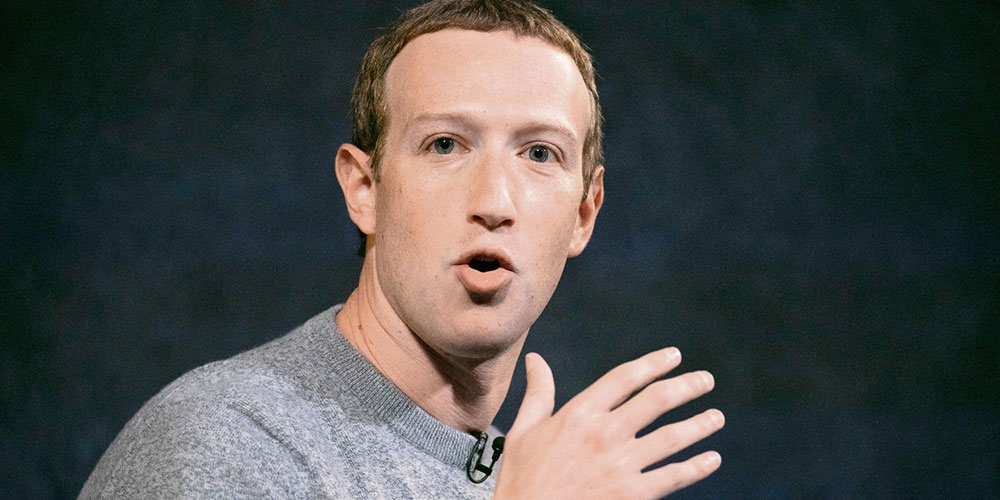When it comes to things on the internet, when it's business as usual, there is nothing that can stop Facebook from doing what it does best.
Even when a global outage that cost Facebook billions of dollars couldn't dent what the company is best known for.
And this time, founder and CEO Mark Zuckerberg has something to say about whistleblower Frances Haugen.
Haugen, a former Facebook employee who once worked on the company’s unit monitoring electoral interference, said that "Facebook knows its products can be addictive and toxic to children. And it's not just that they made money, again, it's that they value their profit more than the pain that they cause the children and their families."
Zuckerberg, once considered the "wonder boy" of the internet era, hits back at the testimony.
In a Facebook post, the billionaire founder addressed one of the most damaging statements in Haugen’s opening speech to U.S. senators: the ones that said Facebook puts “astronomical profits before people”.
Related: People Should Not Allow 'Computers Deciding What We Focus On'

"If we wanted to ignore research, why would we create an industry-leading research program to understand these important issues in the first place? If we didn't care about fighting harmful content, then why would we employ so many more people dedicated to this than any other company in our space -- even ones larger than us? If we wanted to hide our results, why would we have established an industry-leading standard for transparency and reporting on what we're doing? And if social media were as responsible for polarizing society as some people claim, then why are we seeing polarization increase in the US while it stays flat or declines in many countries with just as heavy use of social media around the world?"
The CEO added the the argument that said Facebook pushes content that makes people angry for profit "is deeply illogical."
He said that Facebook makes money by showing ads, but advertisers are consistently telling it that they don’t want their ads to appear next to harmful or angry content.
"For example, one move that has been called into question is when we introduced the Meaningful Social Interactions change to News Feed. This change showed fewer viral videos and more content from friends and family -- which we did knowing it would mean people spent less time on Facebook, but that research suggested it was the right thing for people's well-being. Is that something a company focused on profits over people would do?"
"We care deeply about issues like safety, wellbeing and mental health. It’s difficult to see coverage that misrepresents our work and our motives. At the most basic level, I think most of us just don’t recognize the false picture of the company that is being painted."
Zuckerberg opened the post with a reference to Facebook's outage, and affected Facebook the social media, Instagram and WhatsApp.
"The deeper concern with an outage like this isn’t how many people switch to competitive services or how much money we lose, but what it means for the people who rely on our services to communicate with loved ones, run their businesses, or support their communities," Zuckerberg said, who lost $6 billion from his net worth because of the incident.
Being on top of the food chain, Facebook is no stranger to lawsuits and accusations. But for more than plenty of times, the company managed to slip through the cracks with arguments and money.
It's no secret that Facebook makes a lot of money by targeting ads, which are shown based on the information it gathers from apps and throughout the web. Facebook does this better than pretty much everything else the internet has ever seen.
And with the money it earned from advertisers, Facebook is the powerhouse that won't go down by anyone's accusation, even by regulators themselves.
Further reading: When Facebook Becomes A 'Metaverse Company', It Will Stop Being A Social Media Company